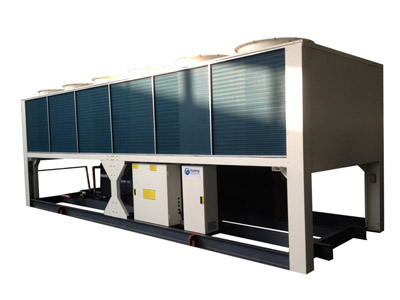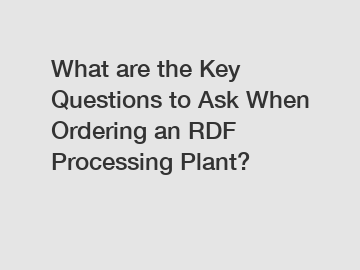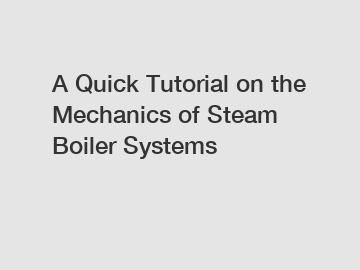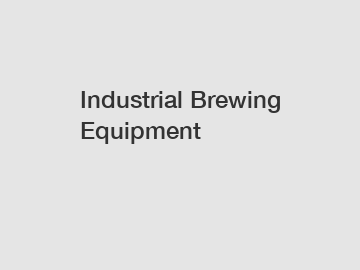Basic Difference Between an AC and Chiller System
Air conditioning (AC) and chiller systems are both used for cooling indoor spaces, but they operate on different principles and are suitable for different applications. In this article, we'll explore the fundamental differences between AC and chiller systems to help you understand their distinct roles and functionalities in cooling technology.
1. Operating Principle:
AC System: An air conditioning system works on the principle of vapor compression refrigeration. It absorbs heat from indoor air through an evaporator coil, transfers it to the outdoor condenser unit, and releases it into the atmosphere. The cooled air is then circulated back into the indoor space, lowering the temperature and humidity levels.
Chiller System: A chiller system also operates on the vapor compression cycle but is designed to cool water or other liquid coolant instead of air. The chilled water is then circulated through a network of pipes to absorb heat from indoor spaces, industrial processes, or equipment, providing efficient cooling across large areas or buildings.
2. Cooling Medium:
AC System: Air conditioning systems directly cool and dehumidify the air in indoor spaces. They are commonly used in residential, commercial, and small-scale applications to maintain comfortable temperatures and humidity levels indoors.
Chiller System: Chiller systems cool water or a specialized coolant, which is then distributed through pipes to air handling units, fan coil units, or process equipment. They are typically used in larger buildings, industrial facilities, data centers, and commercial complexes where centralized cooling is required.
3. Cooling Capacity:
Suggested reading:How does a water-cooled chiller system work?
Heatcraft Refrigeration Products: The market leader in ...
How to Choose Gas-Fired Hot Oil Boiler
Unlocking the Power of Twin-Shaft Mixers
Which Corrugated Cardboard Shredder is Eco-Friendly?
Revolutionizing HVAC Systems: Are Shell and Tube Condensers Worth the Investment?
Key Questions to Ask When Ordering pellet grinding machine
AC System: Air conditioning units are designed for localized cooling and are suitable for cooling individual rooms, apartments, or small buildings. They have lower cooling capacities compared to chillers and are optimized for comfort cooling in smaller spaces.
Chiller System: Chillers are capable of providing high-capacity cooling for large-scale applications, such as office buildings, hospitals, manufacturing plants, and shopping malls. They can handle the cooling demands of multiple zones or floors within a building and are often part of a centralized HVAC (Heating, Ventilation, and Air Conditioning) system.
4. System Components:
AC System: Typical components of an air conditioning system include an indoor evaporator coil, outdoor condenser unit, compressor, expansion valve, and air handling unit (AHU) or ductwork. These components work together to extract heat from indoor air and maintain comfortable temperatures indoors.
Chiller System: A chiller system consists of a chiller unit (compressor, evaporator, condenser), chilled water storage tank, pumps, cooling towers (for air-cooled chillers), and distribution piping. The chiller unit generates chilled water, which is then circulated through the building's HVAC system to provide cooling to various spaces or processes.
Conclusion:
In summary, while both air conditioning and chiller systems are used for cooling purposes, they differ in terms of operating principles, cooling mediums, cooling capacities, and system components. AC systems are suitable for localized cooling in residential and small commercial spaces, while chiller systems are designed for large-scale cooling applications in commercial buildings, industrial facilities, and complex infrastructures. Understanding the distinctions between these systems is essential for selecting the most appropriate cooling solution for specific cooling requirements and building configurations.
Seeking bucket advice
What Hay Baler is Right for My Operation?
KoMo Classic
5 Must-Know Tips for Efficient Feed Cleaning Machine Usage
How Does Paper Shredder Machine Work?
New Nano-Brewhouse Promises Power and Efficiency
How to Save Money When Buying Dough Divider Factory










